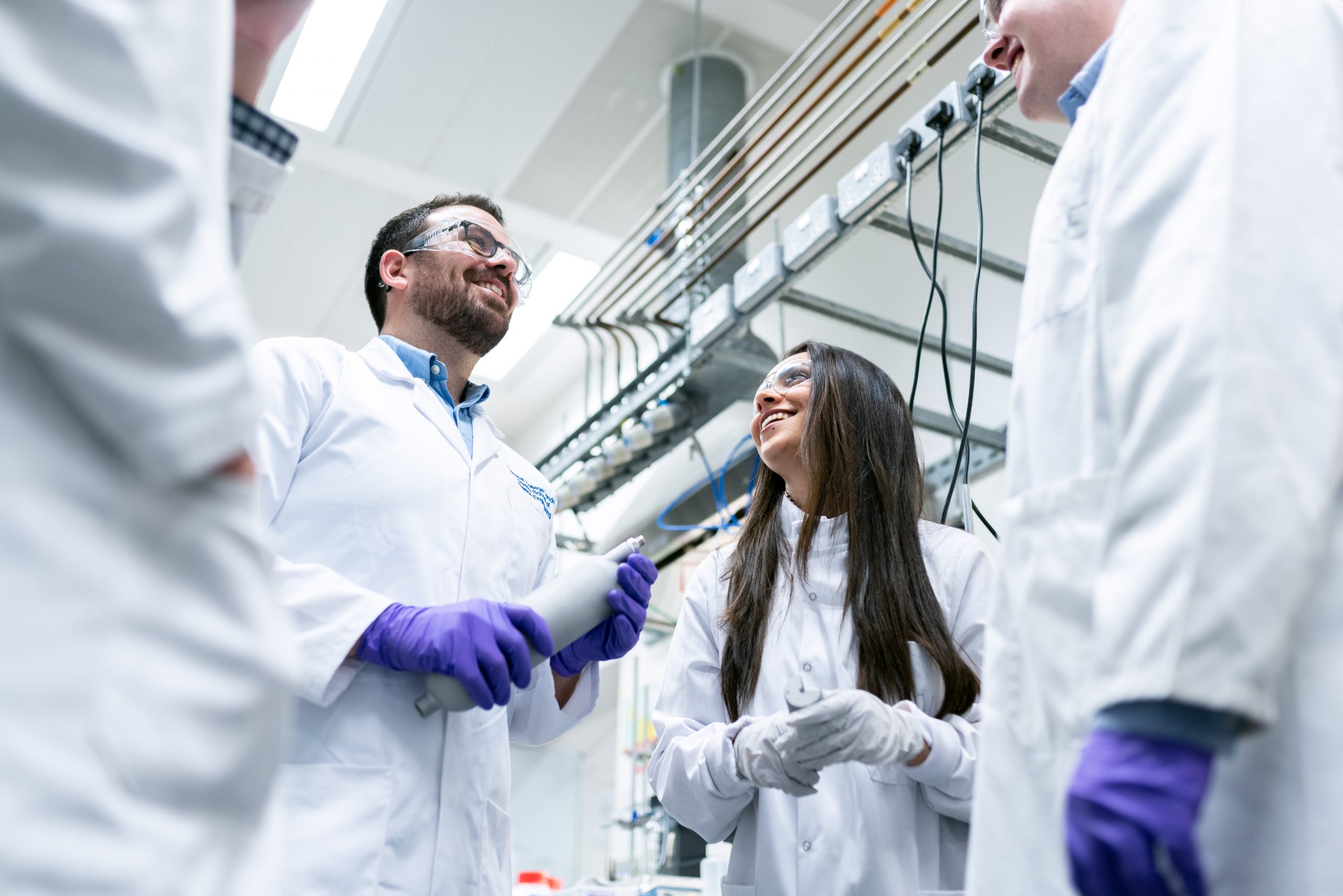
Forging 1,000 Venture Scientists to Transform the Innovation Economy
Summary
The US innovation ecosystem is falling behind global players like China and India because our current Research and Development (R&D) landscape does not incentivize commercialization in university laboratories. The federal government should establish the Venture Science Doctorate (VSD) initiative to close this gap by training graduates to combine research and entrepreneurship in legacy sectors. The Biden-Harris Administration should support VSD to turn more metropolitan areas into innovation centers. Swifter shifts from theory to products are “crucial to our future prosperity” as a global leader and as the United States of America, creating opportunities to mitigate rising economic inequality. Executing the VSD will require multiple agencies. The Office of Science and Technology Policy (OSTP) will coordinate the creation of demand-side policies that remove barriers to innovation in legacy sectors. The National Science Foundation (NSF) will coordinate a strategy of regional development through VSD programs, tracking their impact with state-level economic indicators. A multinational collaboration will widen access to talent and distribute US lessons in innovation policy among international regulators in the pursuit of truly global public goods. A stronger science innovation system will recover ground the US has lost to competitors and create compelling partnership opportunities for allies.
This proposal describes a scalable PhD program that brings sector-shaping technologies to market. By bridging NSF programs for scientist training (e.g. I-Corps) and company funding (e.g. Small Business Innovation Research, Small Business Technology Transfer) VSD will support the entire innovation ecosystem. By producing scientists and influencing undergraduate degree choices, VSD will effect targeted and broad-based workforce expansion. By training graduates to create high-value manufacturing companies, job creation in this workforce and supporting sectors will soar. To do this, VSD will use mission-oriented research, complementing basic scientific research with DARPA-like, combinations of training, R&D and commerce. These are the economic experiments our innovation system needs for growth and sustainability in legacy sectors like clean energy. But to share this prosperity we need to start with the states “left behind.”
While rural schools are used to being scrappy and doing more with less, without state and federal support, districts will be hard-pressed to close teacher workforce gaps on their own.
Without trusted mechanisms to ensure privacy while enabling secure data access, essential R&D stalls, educational innovation stalls, and U.S. global competitiveness suffers.
tudents in the 21st century need strong critical thinking skills like reasoning, questioning, and problem-solving, before they can meaningfully engage with more advanced domains like digital, data, or AI literacy.
We need to overhaul the standardized testing and score reporting system to be more accessible to all of the end users of standardized tests: educators, students, and their families.